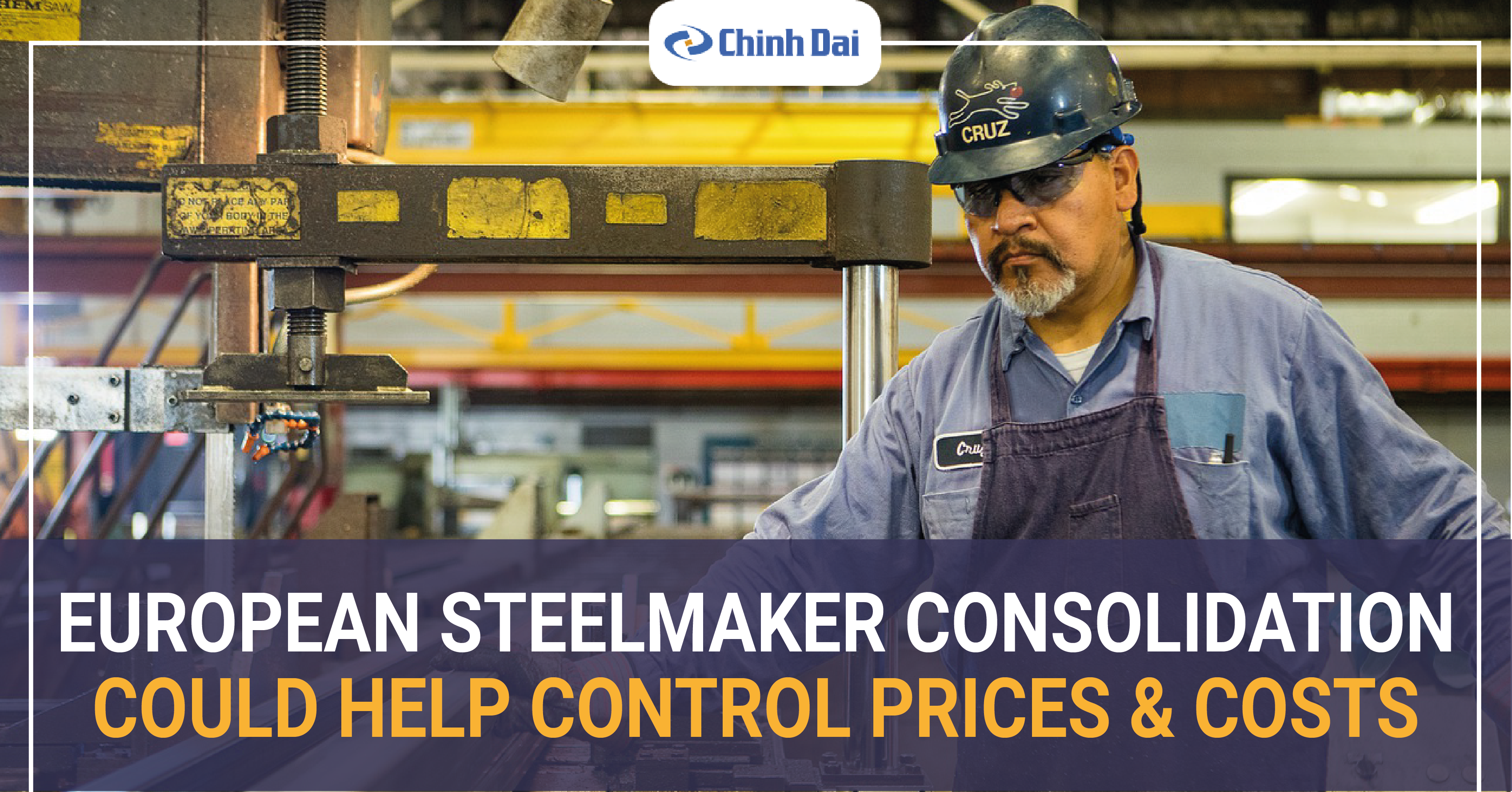
European steelmakers need to consolidate to gain better control over pricing and the supply-demand balance as well as to better tackle rising production costs, but it will not solve the major problems of the European flat steel market, sources told Fastmarkets.
1. European consolidation and changes it might bring.
In November 2020, rumors about two major potential sales of European mills were finally confirmed.
Firstly, Tata Steel in Netherlands is in negotiations with SSAB and Liberty Steel made non-binding offers for Thyssenkrupp’s steel unit. These potential mergers might bring positive changes and impacts on the market. Secondly, Liberty announced in October that it had made a non-binding indicative offer to buy Thyssenkrupp’s steel making business.
Market participants were split over whether consolidation will help to fight overcapacity in the European market. Some believe that it will be easier for the producers to control production rates. Meanwhile, other participants claim producers will resist reducing output to maintain their market share.
2. What market participants expect in European steelmaker consolidation?
A German producer source said that the European market required consolidation and there might be more mergers. Consolidation would allow producers to take production rates under control and solve overcapacity issues in Europe. Moreover, this would result in much-needed, sustainable, and price increases.
However, an Italian producer said it was too soon to say what the impact of consolidation might be. Among the big players, who merges with whom will bring different impacts. Besides, oversupply will remain and the challenges to reduce it are economic and also politically related.
Meanwhile, a Northern European trader believed that consolidation would not have much of an impact, even though there is clearly still a lot of overcapacities. To reduce the current situation of overcapacity, it might cost a lot of money. Besides, if the mills are going to close production sites, they might get into trouble with the governments in those specific areas.
3. Is there any chance of a positive outcome of European steelmaker consolidation?
On the contrary, some market participants remain skeptical about the positive outcome of mergers in the European market.
A German distributor said. “When two companies, both having their own big problems, come together, nothing good can come out of it”. He also underlined that it would have ended as a disaster though the idea was good. There would be almost no impact on prices or pricing policy, which would not help either producer.
Another Italian producer added: “The uncontrolled mix between consolidation and rising protectionism in the EU will put the market in a very dangerous position. The upstream product price – HRC for instance – will be higher, but this will have a negative impact on downstream products and finished goods.”
Source: Fastmarkets
